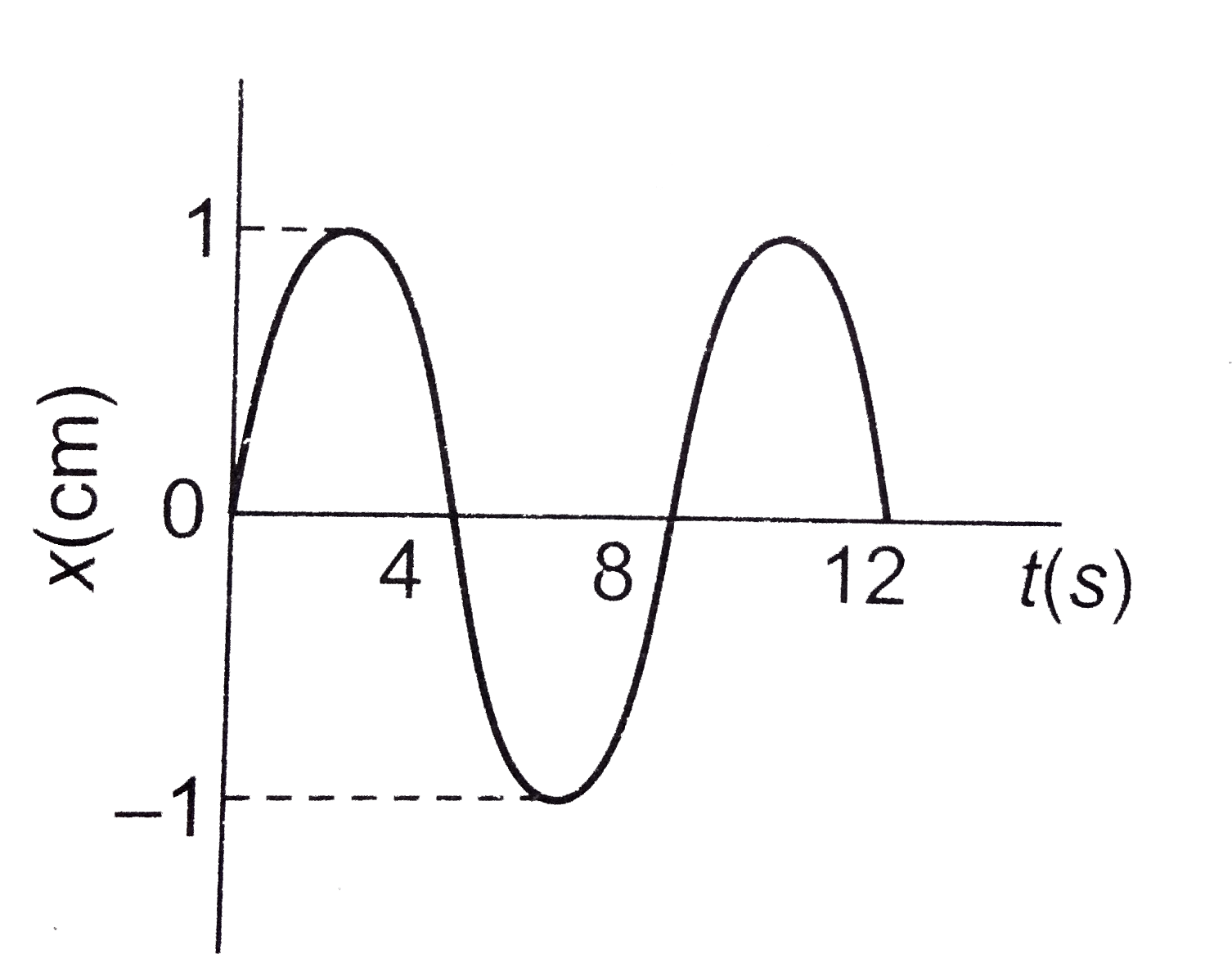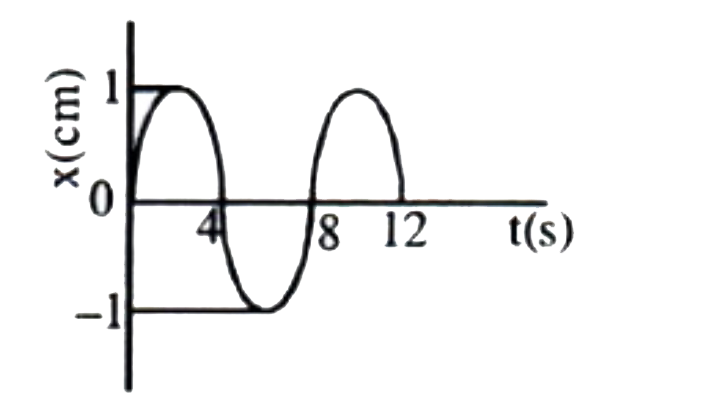In simple harmonic motion, acceleration of the particle is zero, when its
velocity is zero
displacement is zero
both velocity and displacement are zero
both velocity and displacement are maximum
The correct Answer is:B
Step by step video & text solution for In simple harmonic motion, acceleration of the particle is zero, when its by Physics experts to help you in doubts & scoring excellent marks in Class 12 exams.
Updated on:21/07/2023Topper's Solved these Questions
- JULY 2018BOOK - GURUKUL PUBLICATION - MAHARASHTRA PREVIOUS YEAR PAPERSCHAPTER - JULY 2018EXERCISE - SECTION-II
21 Videos
- JULY 2017BOOK - GURUKUL PUBLICATION - MAHARASHTRA PREVIOUS YEAR PAPERSCHAPTER - JULY 2017EXERCISE - SECTION-I
12 Videos
- MARCH 2015BOOK - GURUKUL PUBLICATION - MAHARASHTRA PREVIOUS YEAR PAPERSCHAPTER - MARCH 2015EXERCISE - SECTION-II
21 Videos
Similar Questions
Knowledge Check
In simple harmonic motion, acceleration of the particle is zero, when its
Avelocity is zeroBdisplacement is zeroCboth velocity and displacement are zeroDboth velocity and displacement are maximumIn simple harmonic motion, the ratio of acceleration of the particle to its displacement at any time is a measure of
ASpring constantBAngular displacementCAngular frequencyDRestoring forceIn simple harmonic motion,the particle is
Aalways accelerationBalways retardedCalternately acceleration and retardedDneither acceleration nor retarded
For a particle executing simple harmonic motion, the acceleration is proportional to
View SolutionShow that in simple harmonic motion, acceleration is directly proprotional to displacement.
View SolutionIf a particle is executing simple harmonic motion, then acceleration of particle
View SolutionThe x-t graph of a particle undergoing simple harmonic motion is shown below. The acceleration of the particle of t=4/3s is

View SolutionAssertion : Simple harmonic motion is an example on one dimensional motion with non-uniform acceleration .
Reason : In simple harmonic motion, acceleration varies with displacement linearly.
View Solution

